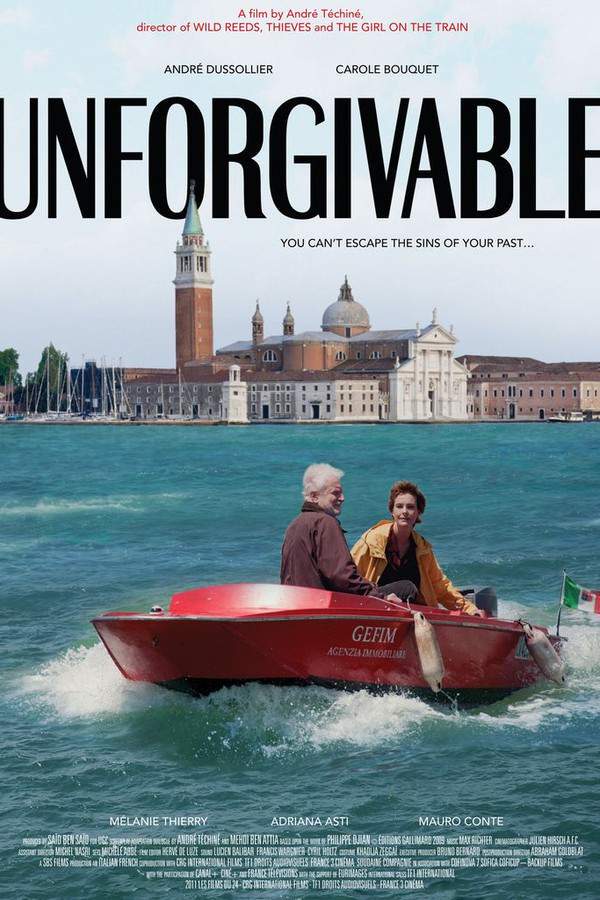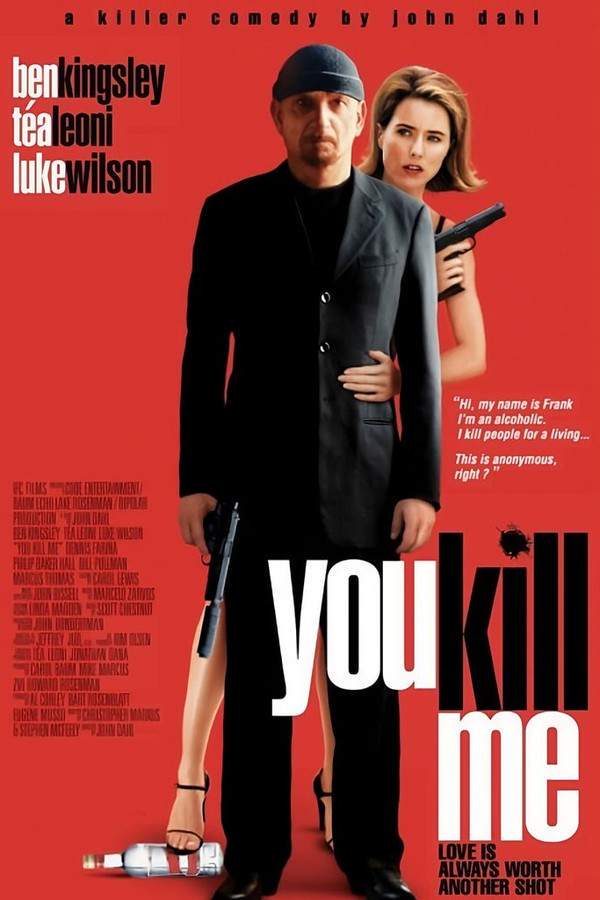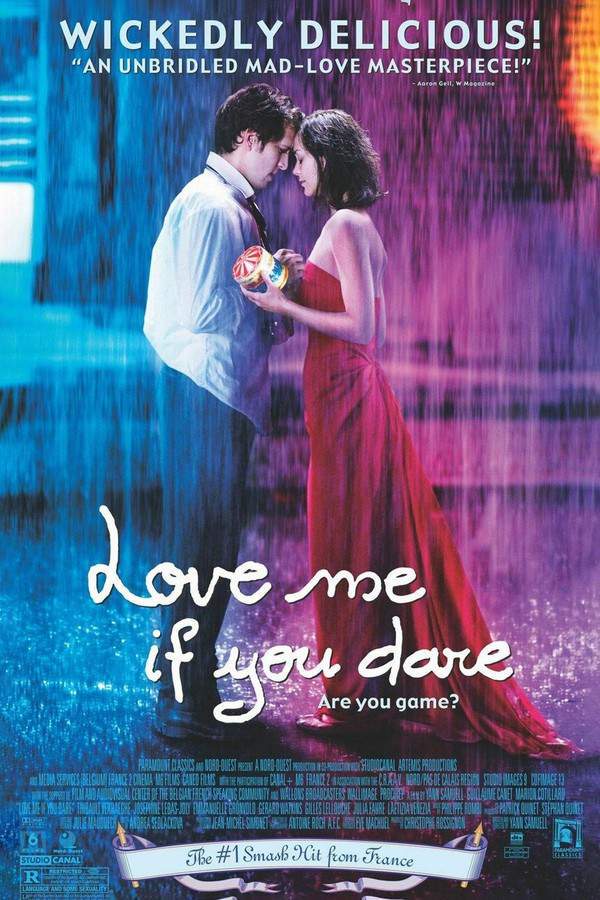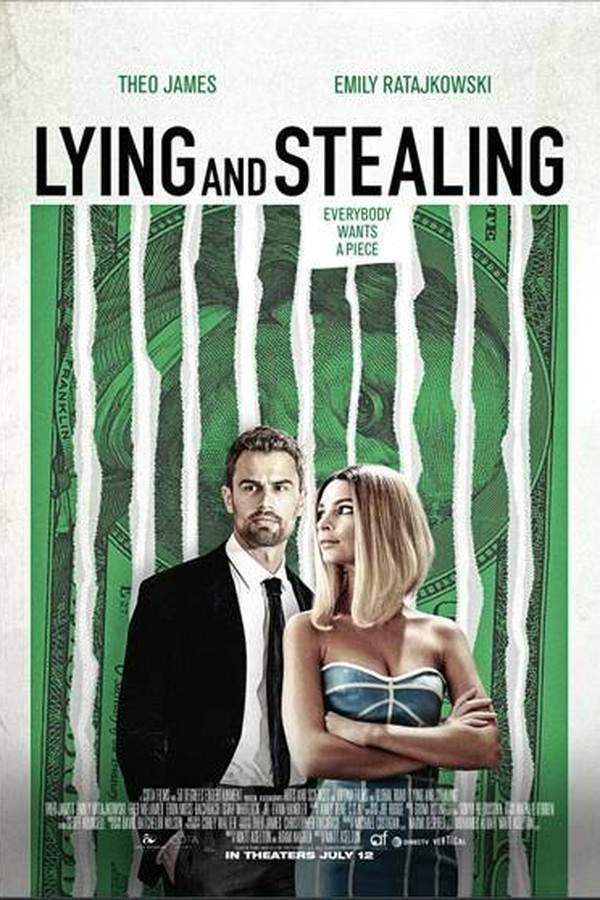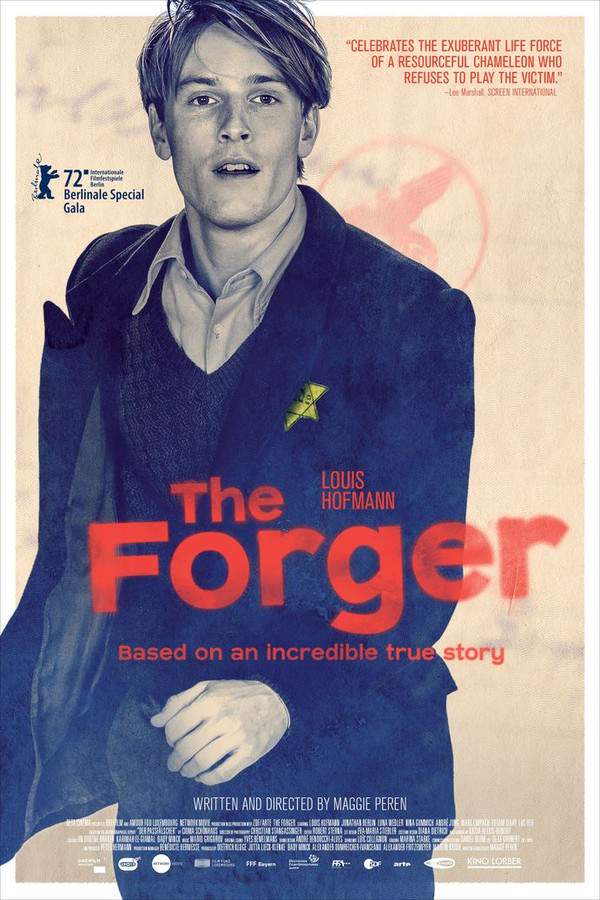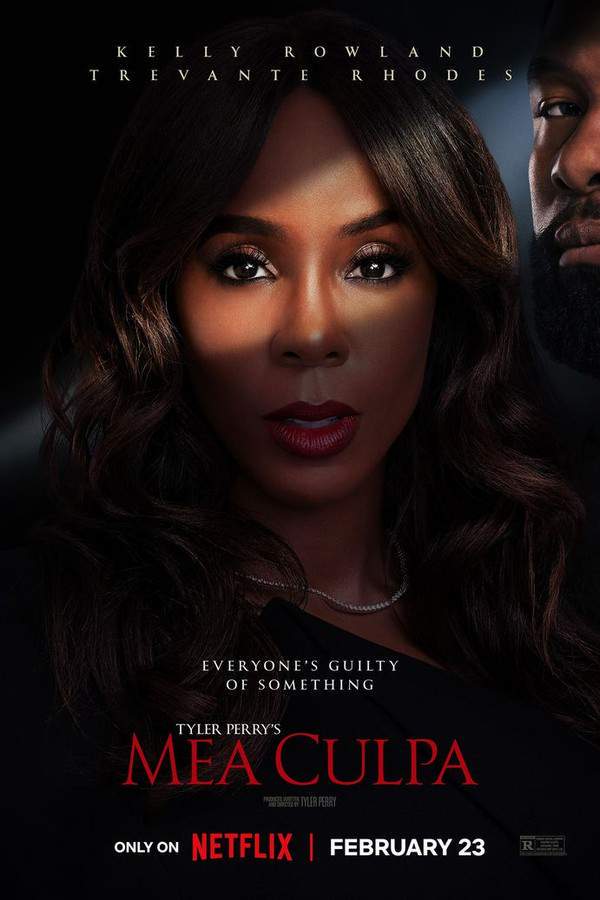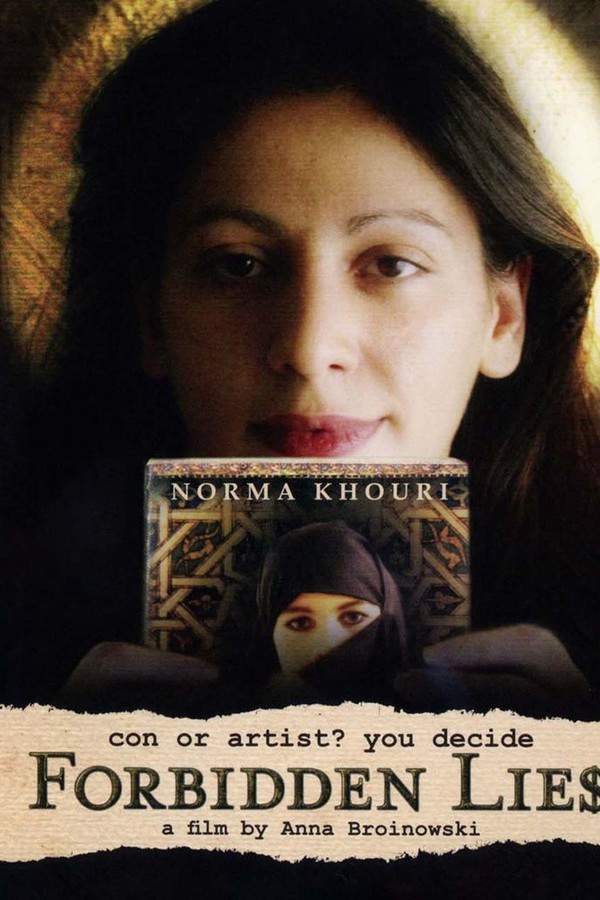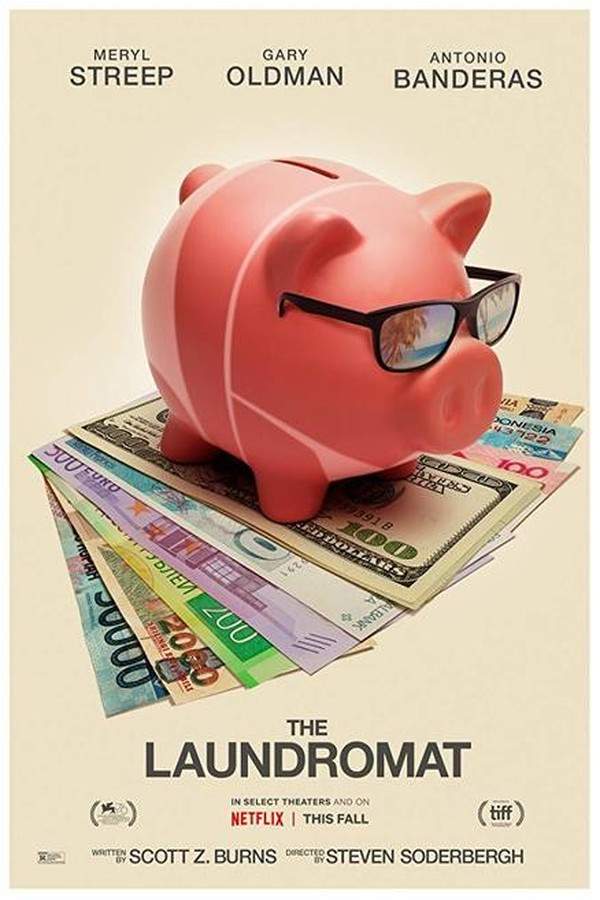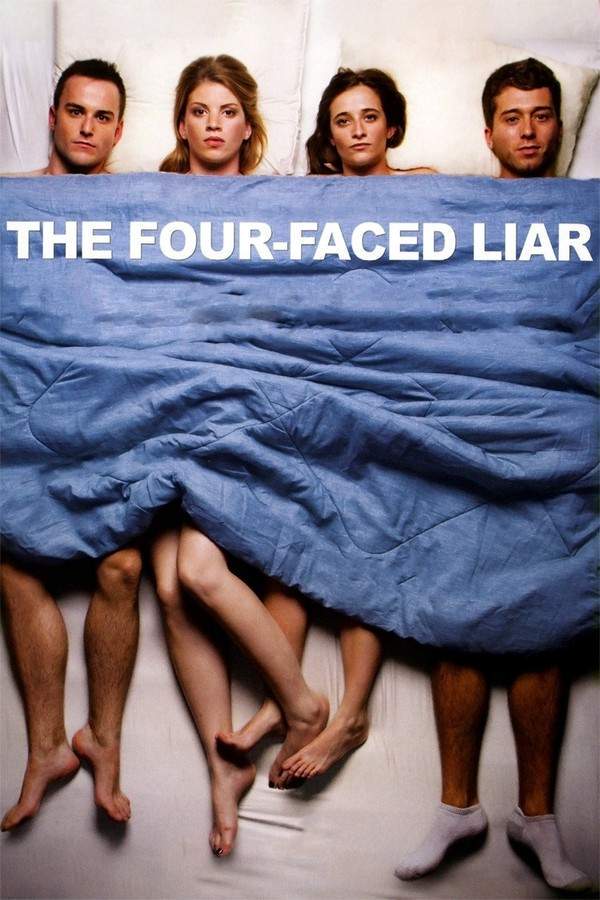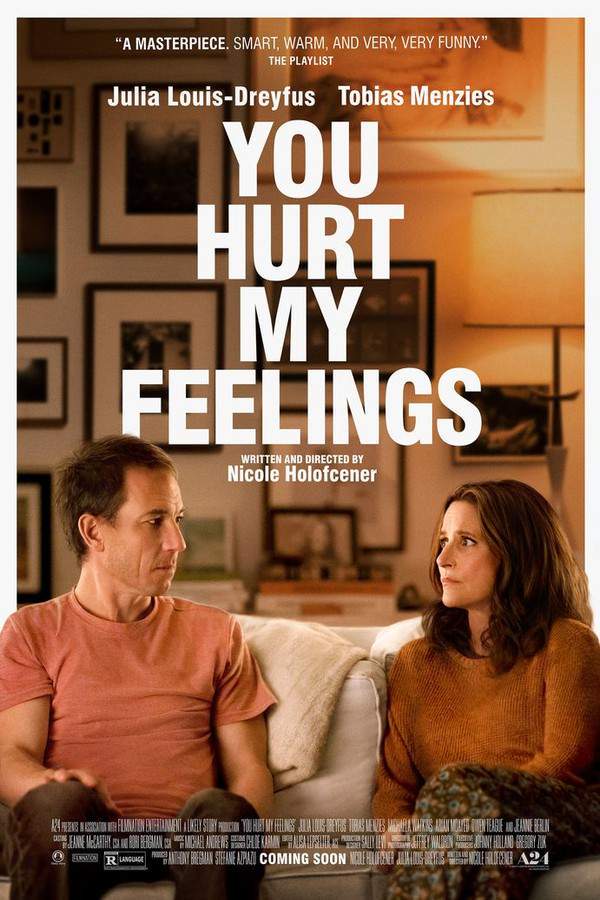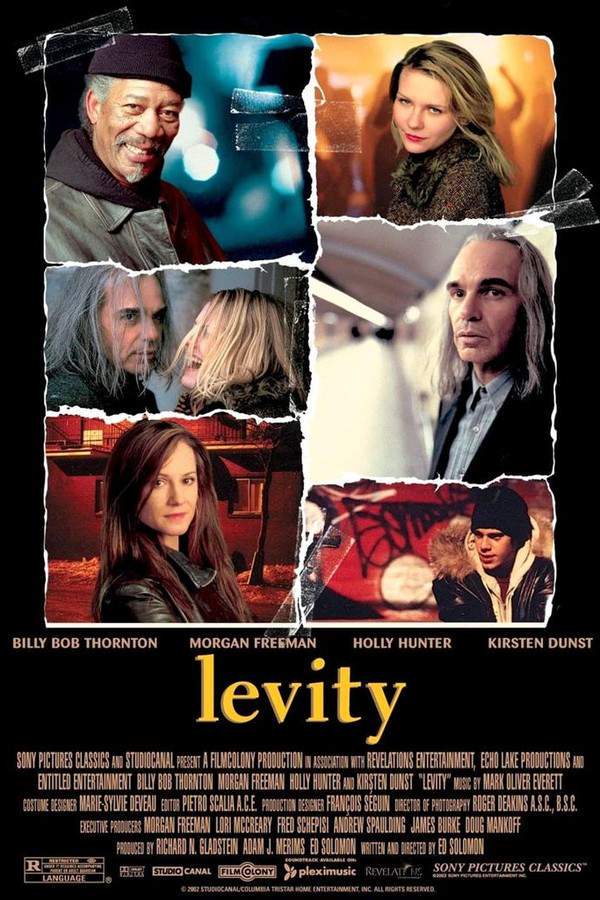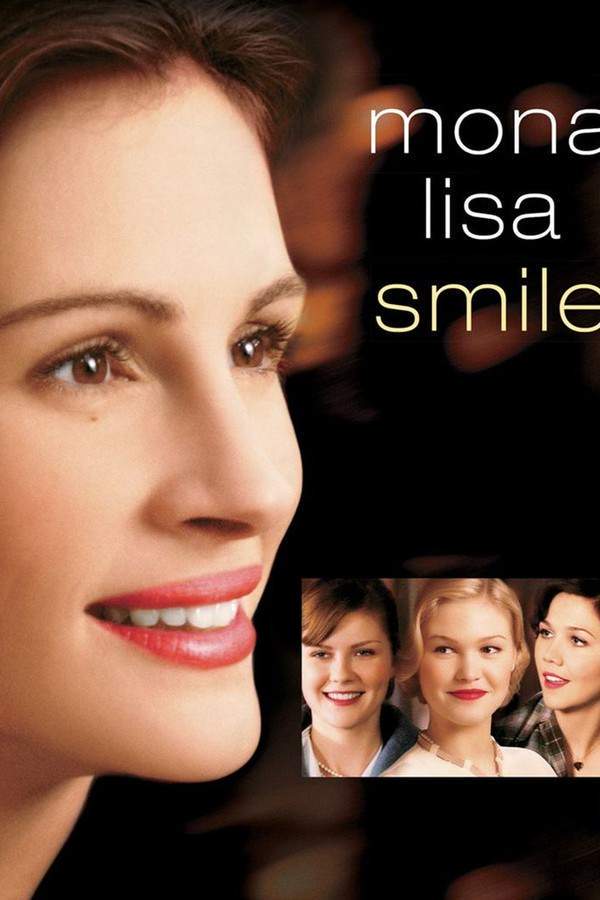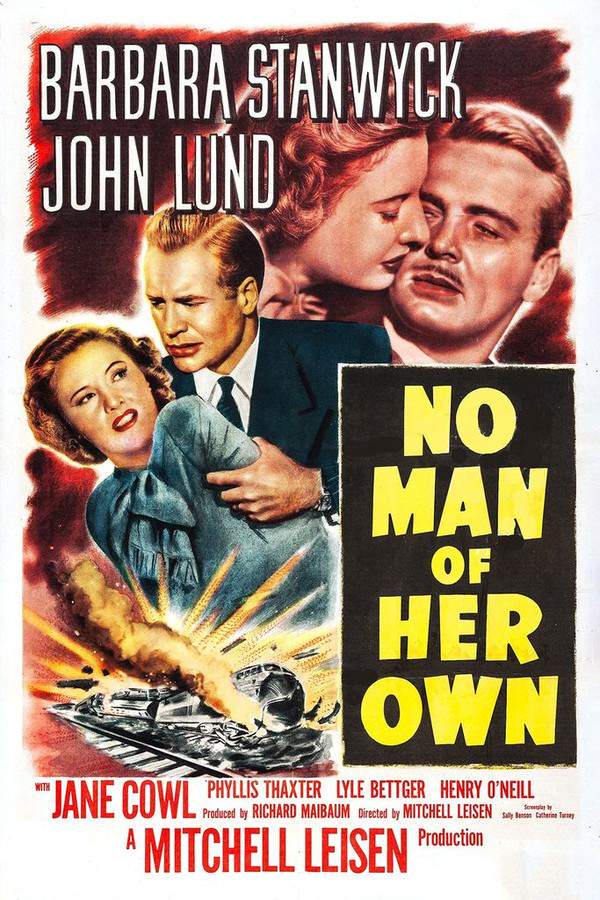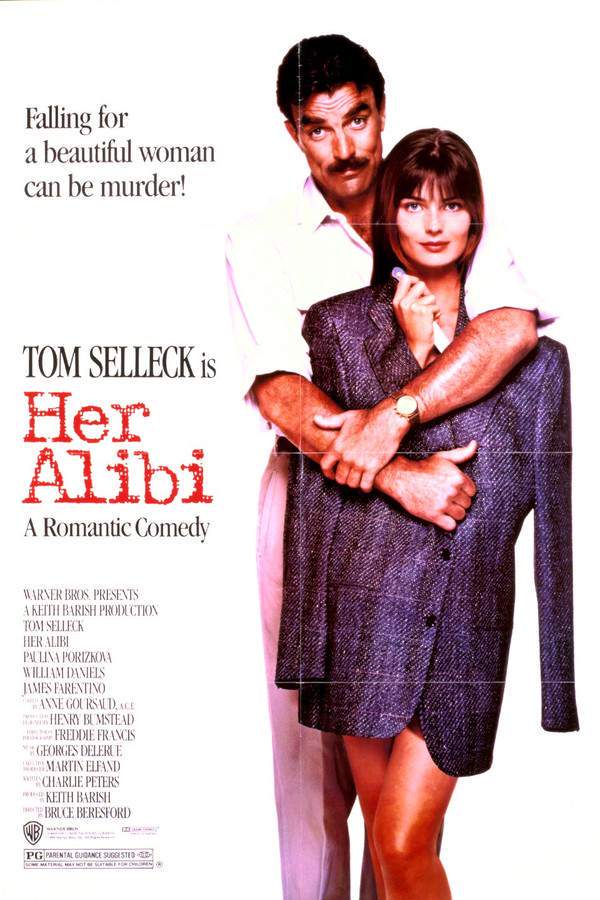Can You Ever Forgive Me? 2018
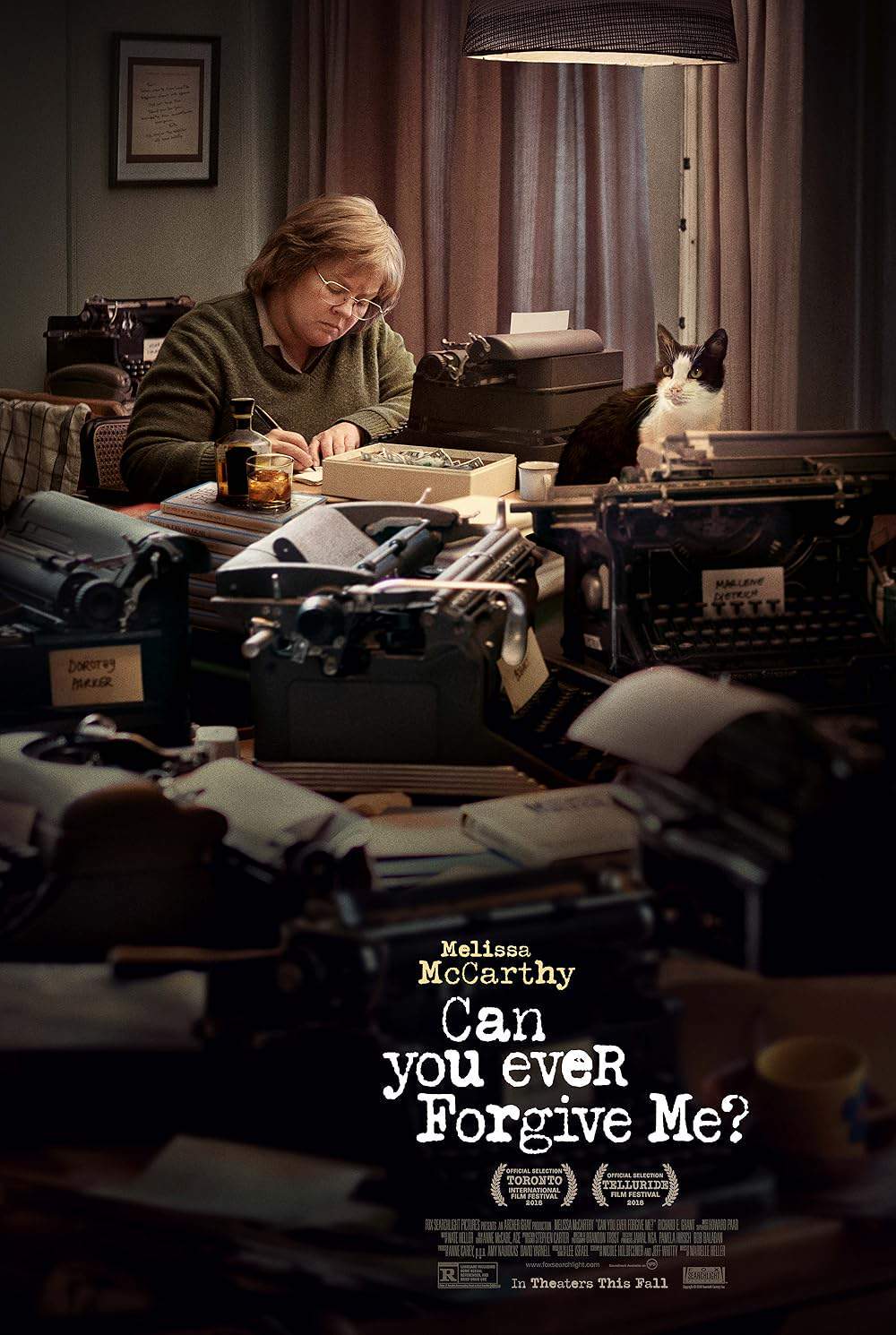
Struggling with writer's block and financial hardship in New York City, author Lee Israel begins forging letters purportedly written by famous writers. As her scheme escalates and her forged documents find buyers, she finds herself increasingly entangled in a web of deceit and must confront the repercussions of her choices and the ethical complexities of her actions.
Does Can You Ever Forgive Me? have end credit scenes?
No!
Can You Ever Forgive Me? does not have end credit scenes. You can leave when the credits roll.
Meet the Full Cast and Actors of Can You Ever Forgive Me?
Explore the complete cast of Can You Ever Forgive Me?, including both lead and supporting actors. Learn who plays each character, discover their past roles and achievements, and find out what makes this ensemble cast stand out in the world of film and television.

Melissa McCarthy
Lee Israel

Richard E. Grant
Jack Hock

Joanna Adler

Marc Evan Jackson
Lloyd

Alice Kremelberg

Dolly Wells
Anna

Stephen Spinella
Paul
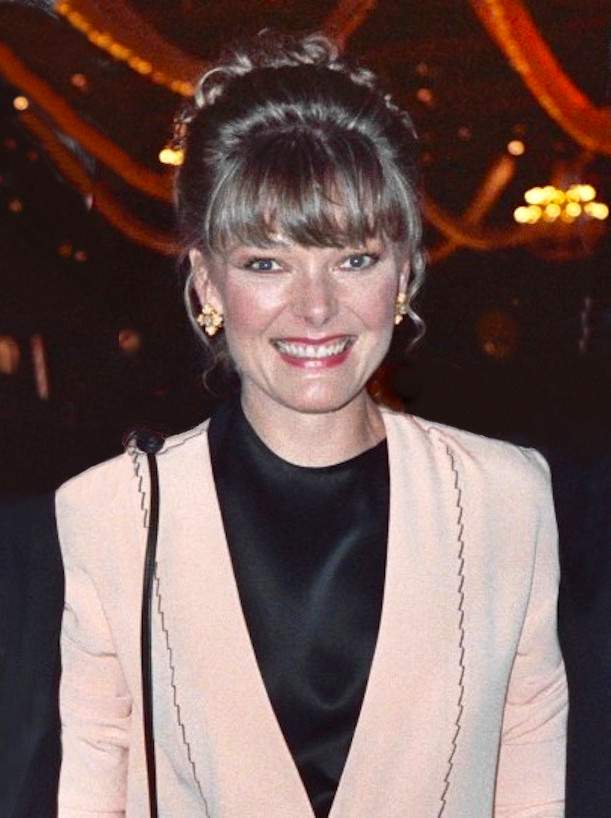
Jane Curtin
Marjorie

Jennifer Westfeldt

Michael Cyril Creighton

Anna Deavere Smith
Elaine

Christian Navarro
Kurt
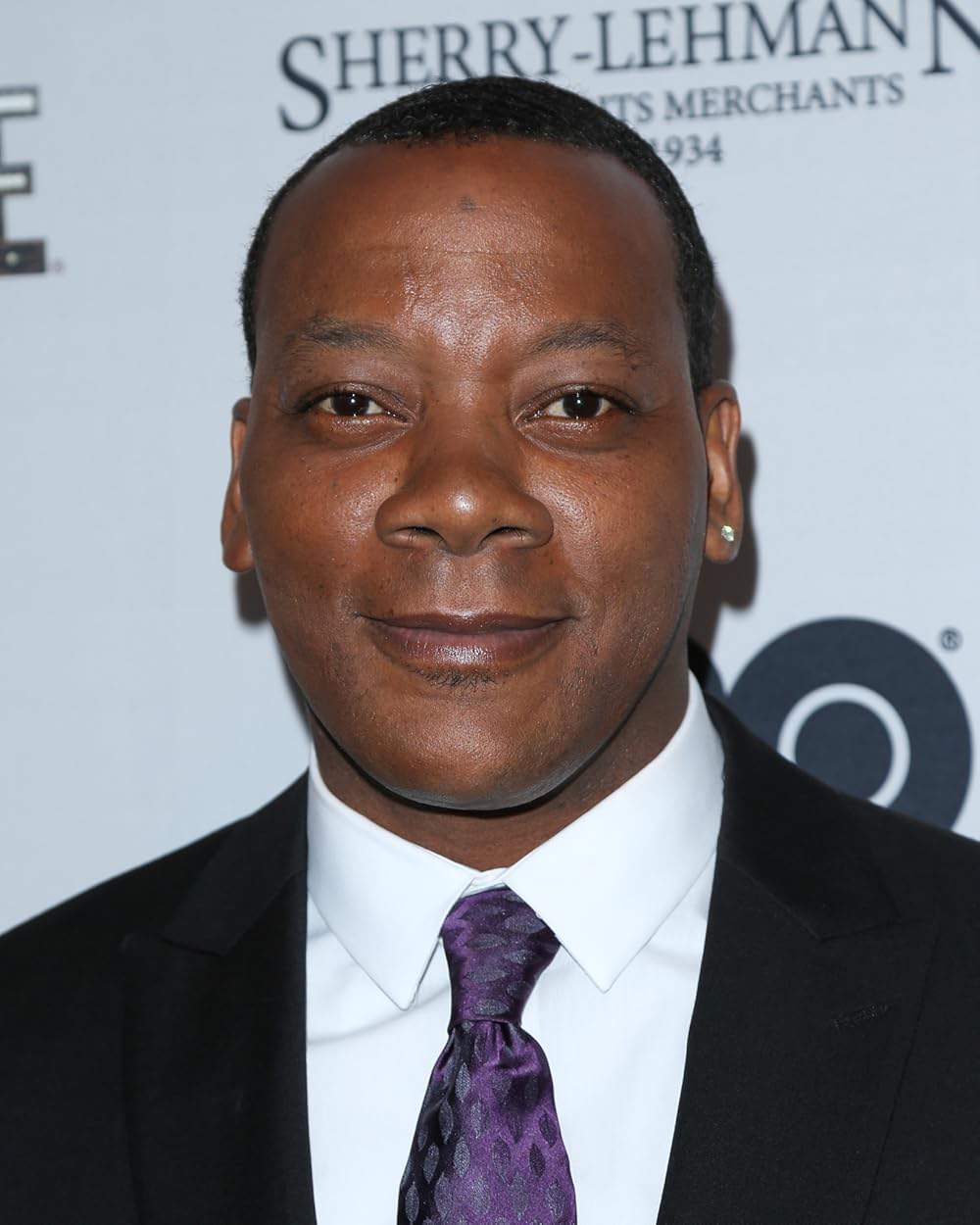
Erik LaRay Harvey
Agent Solanas

Gregory Korostishevsky
Andre

Julie Ann Emery

Pun Bandhu
Agent Doyle

Shae D'Lyn
External Links and Streaming Options
Discover where to watch Can You Ever Forgive Me? online, including streaming platforms, rental options, and official sources. Compare reviews, ratings, and in-depth movie information across sites like Metacritic, Rotten Tomatoes, IMDb or TMDb.
Ratings and Reviews for Can You Ever Forgive Me?
See how Can You Ever Forgive Me? is rated across major platforms like IMDb, Metacritic, and TMDb. Compare audience scores and critic reviews to understand where Can You Ever Forgive Me? stands among top-rated movies in its genre.

87
Metascore
7.5
User Score

7.1 /10
IMDb Rating

68
%
User Score

3.7
From 131 fan ratings

4.50/5
From 6 fan ratings
Take the Ultimate Can You Ever Forgive Me? Movie Quiz
Challenge your knowledge of Can You Ever Forgive Me? with this fun and interactive movie quiz. Test yourself on key plot points, iconic characters, hidden details, and memorable moments to see how well you really know the film.
Can You Ever Forgive Me? Quiz: Test your knowledge about the film 'Can You Ever Forgive Me?' and its themes of creativity, desperation, and moral ambiguity.
What profession does Lee Israel have at the beginning of the film?
Awards & Nominations for Can You Ever Forgive Me?
Discover all the awards and nominations received by Can You Ever Forgive Me?, from Oscars to film festival honors. Learn how Can You Ever Forgive Me? and its cast and crew have been recognized by critics and the industry alike.


Writing (Adapted Screenplay)


Best Adapted Screenplay


Best Adapted Screenplay





Best Screenplay
Full Plot Summary and Ending Explained for Can You Ever Forgive Me?
Read the complete plot summary of Can You Ever Forgive Me?, including all major events, twists, and the full ending explained in detail. Explore key characters, themes, hidden meanings, and everything you need to understand the story from beginning to end.
In Can You Ever Forgive Me?, set in New York City during the frigid early hours of 1991, we follow the story of Lee Israel, portrayed by Melissa McCarthy, a once-acclaimed biographer who finds herself struggling both financially and emotionally. At 51 years old, Lee faces a tragic wake-up call when a young colleague implies that she might as well end her life if she continues to work in publishing at her age. In a fit of frustration and anger, she lashes out at her coworkers, ultimately resulting in her termination.
As she navigates her way through a dinner party hosted by her literary agent, Marjorie (Jane Curtin), Lee’s desperation becomes apparent. Ignored and dismissed, she notices how the publishing industry has left her behind. Lee’s unconventional behavior at the party, including swiping a coat she can’t afford and sneaking away with toilet paper rolls, highlights her dire financial circumstances and her emotional detachment.
At home, Lee’s loneliness is palpable as she watches old films and interacts with her beloved cat, Jersey. When Jersey’s health deteriorates, her inability to pay for veterinary care further demonstrates her crumbling state. A visit to a local bookstore becomes another blow, as she confronts the rudeness of an employee who fails to recognize her former status as a renowned author.
Isolated and disheartened, Lee seeks solace in a gay bar, where she runs into Jack Hock (Richard E. Grant), an old acquaintance with a questionable reputation. Their relationship deepens as they bond over their shared struggles and love for the literary world. Lee’s downward spiral leads her to a life of forging literary letters, cleverly posing as famous authors in a desperate attempt to regain financial stability and notoriety.
As Lee delves deeper into the world of literary forgery, her actions become increasingly reckless. Each letter she successfully sells brings thrills and further reinforces her connection with Jack, though it puts them both at risk. The tension builds as the authorities close in on her deceptions, igniting a whirlwind of emotional turmoil that culminates in the heartbreaking loss of her cat and her last thread of companionship.
Staring at the consequence of her actions, Lee confronts the fallout. As she faces legal repercussions, we witness her transformation from a lonely forger into a woman willing to tell her story authentically. Amid the chaos, Lee discovers a renewed purpose in writing, culminating in her memoir, Can You Ever Forgive Me?: Memoirs of a Literary Forger, which reflects her journey through deceit and desperation.
Throughout this poignant tale, we not only witness the struggle of a woman coming to terms with her loneliness in a fast-paced world but also experience the laughter and sorrow that define her complex friendships and relationships. Ultimately, Can You Ever Forgive Me? is a rich exploration of identity, survival, and the lengths to which one may go in search of belonging.
Watch Trailers, Clips & Behind-the-Scenes for Can You Ever Forgive Me?
Watch official trailers, exclusive clips, cast interviews, and behind-the-scenes footage from Can You Ever Forgive Me?. Dive deeper into the making of the film, its standout moments, and key production insights.
Cars Featured in Can You Ever Forgive Me?
Explore all cars featured in Can You Ever Forgive Me?, including their makes, models, scenes they appear in, and their significance to the plot. A must-read for car enthusiasts and movie buffs alike.
Movie Themes and Keywords
Discover the central themes, ideas, and keywords that define the movie’s story, tone, and message. Analyze the film’s deeper meanings, genre influences, and recurring concepts.
Similar Movies You Should Know About
Browse a curated list of movies similar in genre, tone, characters, or story structure. Discover new titles like the one you're watching, perfect for fans of related plots, vibes, or cinematic styles.
Quick Links: Summary, Cast, Ratings, More

What's After the Movie?
Not sure whether to stay after the credits? Find out!
Explore Our Movie Platform
New Movie Releases (2025)
Famous Movie Actors
Top Film Production Studios
Movie Plot Summaries & Endings
Major Movie Awards & Winners
Best Concert Films & Music Documentaries
© 2025 What's After the Movie. All rights reserved.














